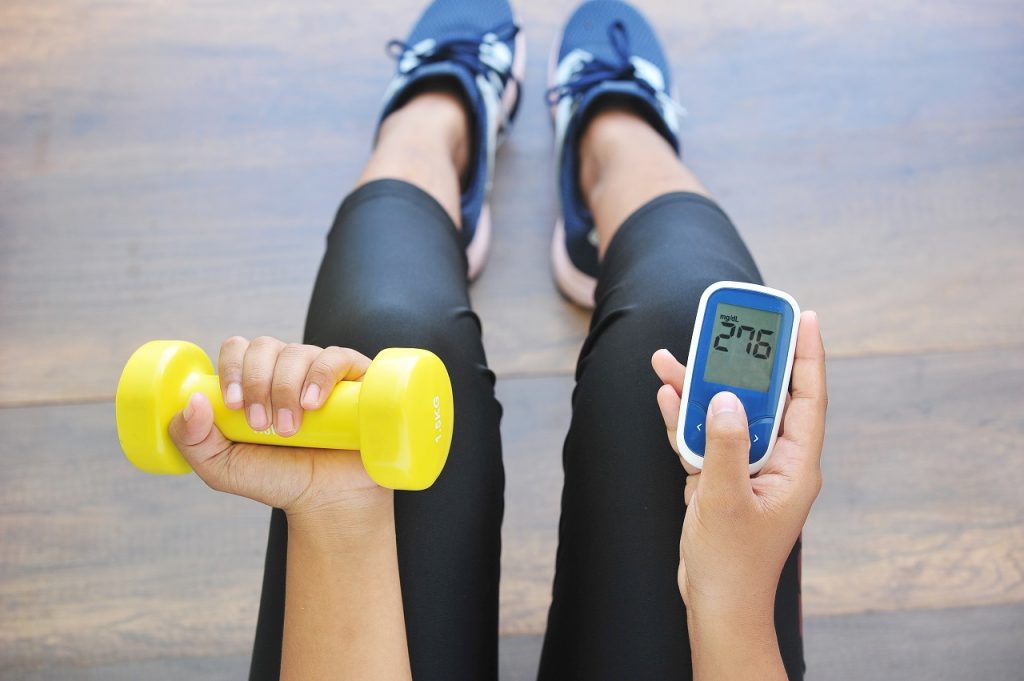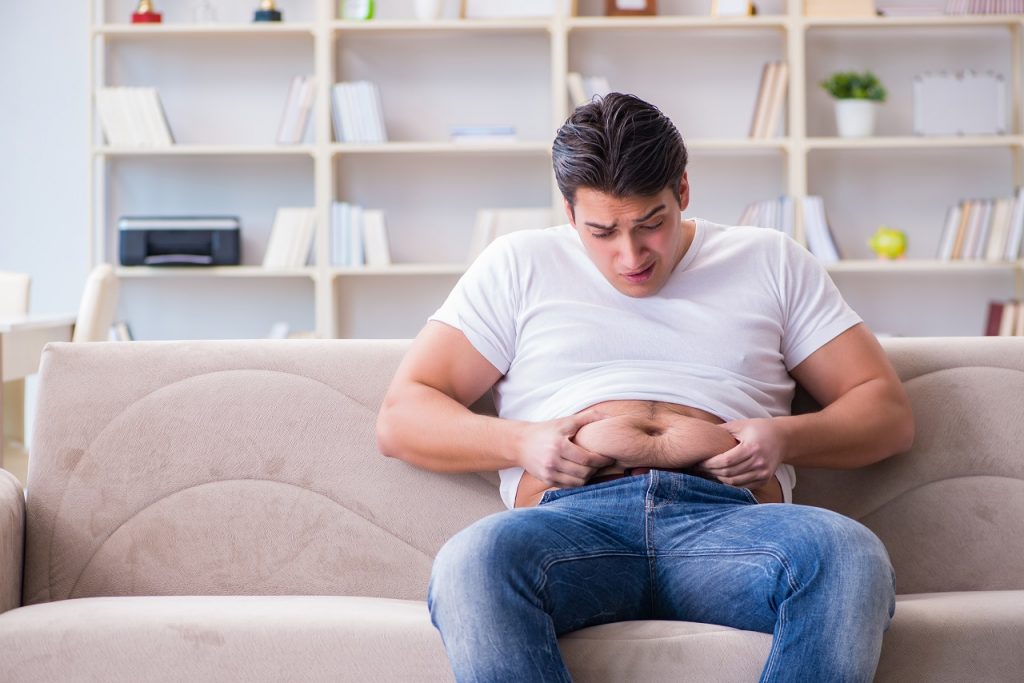
We can all agree that there is something almost nostalgic about breathing in the fresh aroma of corn during the monsoons! Whether boiled or roasted on the cob, relishing the sweet taste of corn is quite the treat during this season. Let’s relish this monsoon treat by putting a healthy twist on corn and prepare some tasty and nutritious Corn Tikkis that you can enjoy.
What You Will Need:
- Boiled and Grinded Corn Kernels – 1 Cup
- Finely Chopped Capsicum, Onion, Carrot, Coriander – 2 tbsp each
- Boiled Corn Kernels – 2 tbsp
- Boiled Potatoes – ½ cup
- Ginger Paste – 1 tbsp
- Green Chilli Paste – 1 tbsp
- Red Chilli Powder, Coriander + Cumin Seeds Powder – 1 tsp each
- Garam Masala – ½ tsp
- Salt and Chaat Masala – As per taste
- Wheat Rusk Powder – 2 tbsp
- Oil For Roasting
Method:
- Take a pan, heat 1 tsp of oil and add the ginger paste to it. Saute lightly and add grinded boiled corn and saute for 4-5 min on medium flame until the moisture flies away.
- In a big bowl, add mashed potatoes, all chopped vegetables, corn and grinded corn too along with all spices with salt and chat masala.
- Using your palms, mould the mixture into flat tikkis (cutlets).
- Spread wheat rusk powder on a plate and roll the tikkis in it.
- Heat a non-stick pan and brush some oil over it.
- Place the tikkis on the pan and roast for 4-5 min on medium flame until golden brown and then flip them over and cook for 4-5 mins on the other side as well
- Serve hot along with green chutney or chilly sauce.
Highlights of the Corn Tikkis:
- Not a very quick recipe but will satisfy your taste buds just as similar to having a crispy pakoda.
- The recipe will give us so many colourful vegetables which are all good for our system.
- Corn is extremely good for your eyes with the phytochemicals & vitamins it provides
- The insoluble fiber in this recipe aids digestion and promotes gut health.
Did you enjoy this Corn Tikkis recipe? Is there a specific recipe you want to see next? Leave your thoughts in the comments below! For more healthy recipes, check out Healthy Reads or get these recipes directly from a GOQii Coach by subscribing for Personalised Health Coaching here.
Eat Healthy and #BeTheForce

 The facts and myths about diabetes are plenty, especially on the kind of foods one should have or not have, whether one should exercise to
The facts and myths about diabetes are plenty, especially on the kind of foods one should have or not have, whether one should exercise to  Belly fat is not accumulated in a day or two. It takes several weeks and months of unhealthy eating and lifestyle to build it. When people finally decide to lose belly fat, the first thing they wonder is ‘Why am I not losing belly fat even after exercising so much and cutting down on junk food?’ There are several reasons for it.
Belly fat is not accumulated in a day or two. It takes several weeks and months of unhealthy eating and lifestyle to build it. When people finally decide to lose belly fat, the first thing they wonder is ‘Why am I not losing belly fat even after exercising so much and cutting down on junk food?’ There are several reasons for it.


